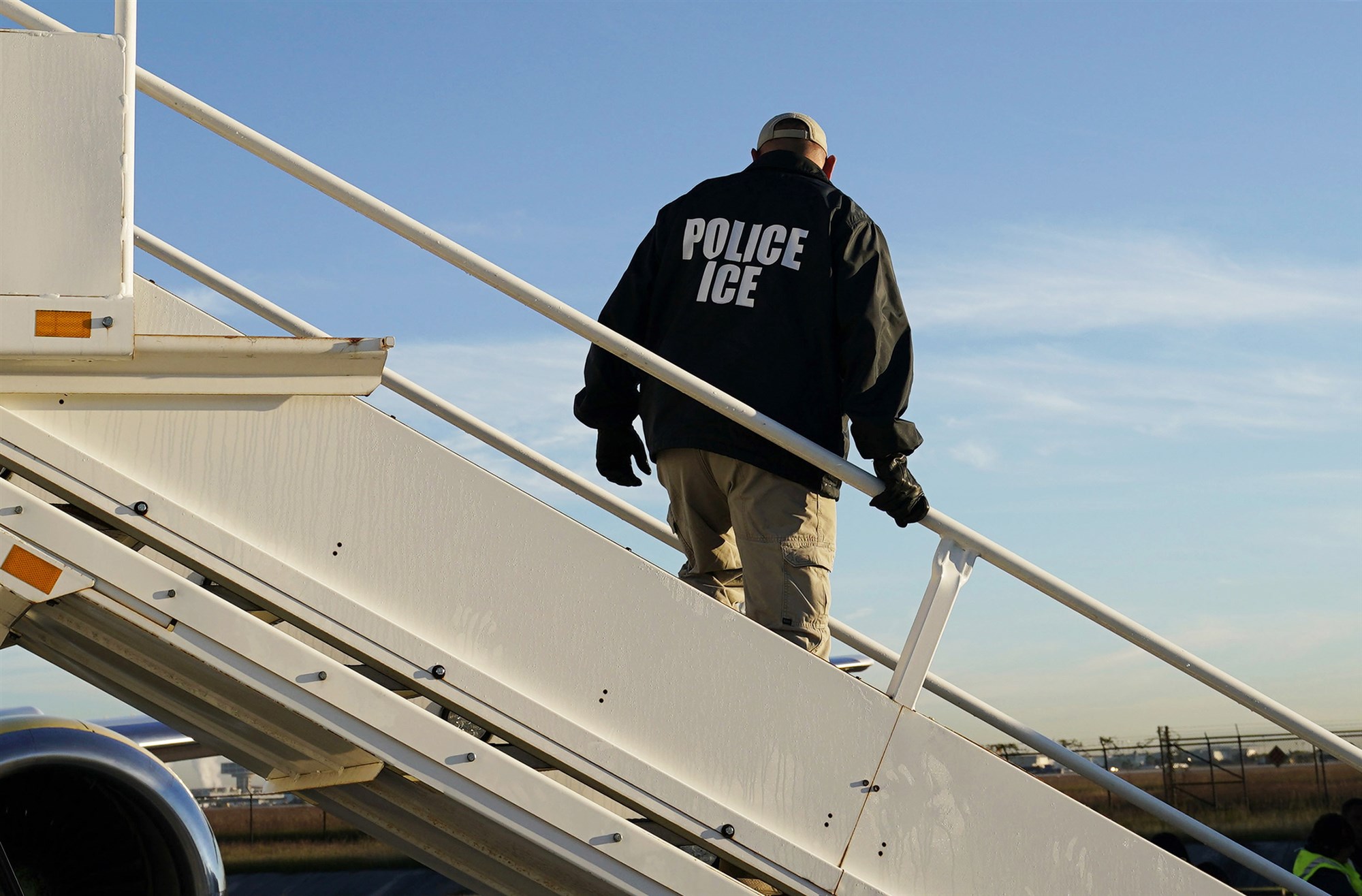
Biden’s latest immigration move puts the brakes on ICE’s mass arrests
The Biden administration began its overhaul of ICE in a new announcement on Feb. 18.
The Biden administration is back at it with its immigration agenda.
On Feb. 18, it began its “overhaul” of Immigration and Customs Enforcement, with new interim guidance for officers to focus their primary efforts on immigrants suspected to be higher national security threats, as well as new immigrants that crossed the border on or after Nov. 1.
Following four years of former President Donald Trump’s staunch border policies, the Biden administration says that the new guidelines are expected to sharply limit arrests and deportations carried out by ICE.
It’s part of a broader effort by his administration to implement his immigration reform policies, though again, the latest move is yet another rollback from Trump-era policies, who’s 2017 directive made nearly every undocumented immigrant a priority for arrest.
On Feb. 18, House Democrats also unveiled a long-anticipated immigration bill, one Biden had proposed since his first day of office, and began his slew of executive orders.
The bill, called the U.S. Citizenship Act of 2021, would include a path to citizenship for the 11 million undocumented immigrants living in the U.S. and a fast-track process for Dreamers, among other measures, like refraining from the term “alien” when referring to undocmented people.
Just like the introduction of the new immigration bill, the new guidance for ICE faces pushback ranging from the top levels of government to smaller municipalities, specifically border communities with populations with high numbers people employed at with Border Patrol and ICE
Critics say the new guidance will prevent ICE agents and officers from doing their jobs, thereby abolishing ICE indirectly, reports NPR. If that were the case, it would be a win for progressives who have been pushing for that to happen, but it’s unlikely.
Nearly two months into Biden’s presidency, ICE has already defied his orders.
The Biden administration attempted a 100-day deportation moratorium on day one of office. The plan was blocked by a federal judge in Texas, and the agency continued to conduct select deportations across the nation, with a disproportionate targeting of Black immigrants.
However, the Texas Judge’s order didn’t stop Biden from changing ICE’s arrest priorities.
RELATED CONTENT
It is yet to be seen how it will be implemented or enforced, but it will likely lead to a decrease of the number of average arrests made, reports Buzzfeed News.
NEW: The Biden administration began its overhaul of ICE on Thursday by announcing that it will direct officers to focus primarily on certain groups of immigrants, such as those suspected of being a national security threat and recent border crossers.https://t.co/aHlLBA6kAA
— Hamed Aleaziz (@Haleaziz) February 18, 2021
The memorandum released Thursday contains a precursor to the new guidelines.
The letter, by Acting DHS Director Tae D. Johnson, explains how ICE is working with limited resources, as well ongoing lawsuits during a pandemic.
“It is vitally important to note that the interim priorities do not require or prohibit the arrest, detention, or removal of any noncitizen. Rather, officers and agents are expected to exercise their discretion thoughtfully, consistent with ICE’s important national security, border security, and safety mission,” Johnson writes, afterwards listing the new guidelines.
The letter states field officers must seek pre-approval from supervisors before making arrests of non-citizens convicted of low-priority crimes such as minor drug offenses, immigration offenses, and driving under the influence, focusing largely on immigrants convicted of felonies or already detained in federal state prisons.
Officers will also need pre-approval to arrest or deport non-priority immigrants, and will be required to justify their intent via a written request.
The memo also says the only times officers can use “collateral arrest” is when there is a threat to life or substantial threat to property.
Johnson said DHS Secretary Alejandro Mayorkas will issue additional guidance within the next 90 days upon further discussion.











LEAVE A COMMENT: